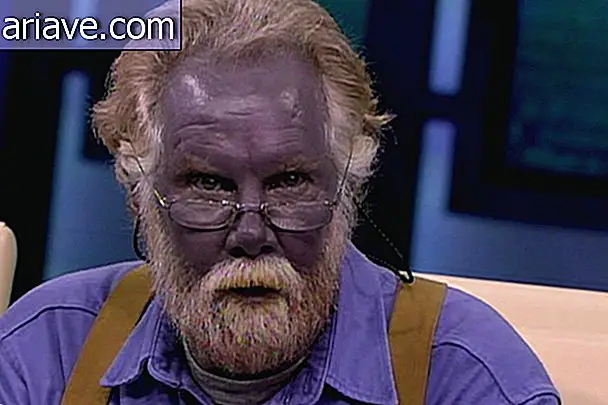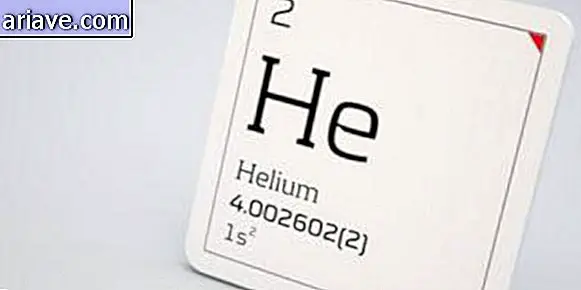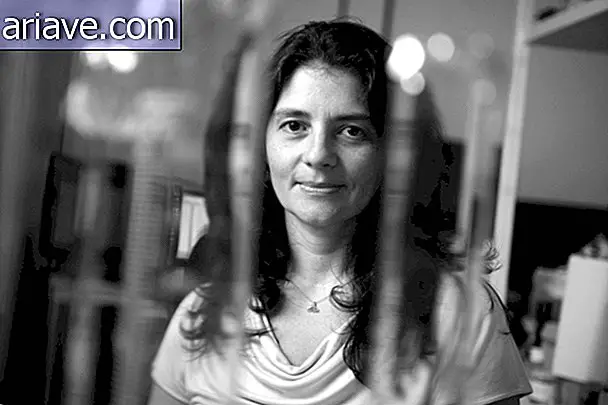Physicist proposes new way to mark time

Until the emergence of the Theory of Relativity, it was believed that time - the passage of seconds, minutes, hours, etc. It flowed steadily from the past to the infinite future at a fixed speed. Thus, in order to measure its passage, mechanisms of regular and repetitive cycles were created, such as sundials, sand, water, digital, among others.
However, Einstein proposed that time, by contrast, is not constant and does not always run at the same speed, being elastic and passing faster depending on the point in the universe at which it is measured. Thus, according to the amount of matter present in certain places and their force of gravity, time passes more or less quickly.
The problem is that at points where the dimensions of matter are very small - or atomic, as quantum theory studies - Einstein's theory, when applied, fails utterly.
Thermal watch

Thus, according to a report published by the FQXi website, Australian physicist Gerard Milburn proposes a new way of determining time through a clock that marks temperature fluctuations - which could perhaps also create a theory of "quantum gravity"., combining Einstein's theory with quantum theories, that is, united the cosmic scale to the atomic.
Milburn suggests measuring time more accurately by thermal radiation, for which it would be necessary to develop a theory that could be applied to both macrocosm and microcosm scales. According to the physicist, the best way to do this would be through the laws of thermodynamics.
The scientist proposes to use some method to measure the energy transformations of a relatively large set of matter, isolated from any external influence to prevent internal energy from interfering. Part of this energy comes in the form of heat, and even if it has some variations in some regions, it is possible to obtain a constant average, measured by statistical techniques.
Only theories

Thus, as the physicist explained, he hopes to come up with a theory similar to the Theory of Relativity, but one that works on all scales, allowing for something like a thermal spacetime.
How this will be done is still unclear and if Milburn can prove his theory experimentally, he will still have to convince everyone to adopt his new time measuring system. And that's not all: the physicist would have to teach us to see time in a completely new way!
Sources: University of New South Wales, All About Science, DUMMIES.com and FQXi











